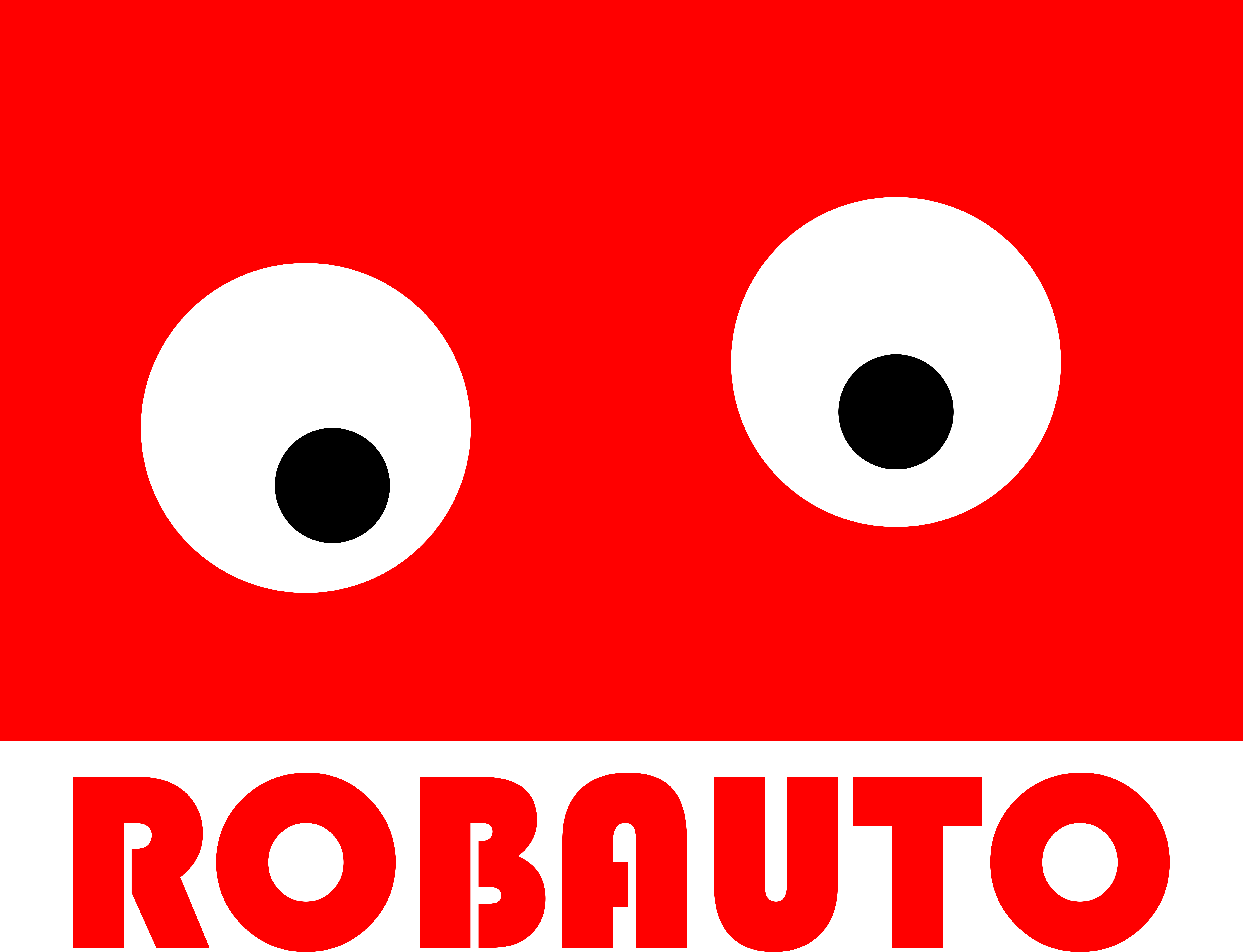Can This Robot Help Kids With Autism?
by Brian Hedger
Jalali Hartman’s interest in how technology can help humans led to his latest startup venture, Robauto, a robotics company working to produce an affordable robot companion for autistic people that helps them focus, communicate, and interact.
“I’ve had a number of startups,” said Hartman, a technology entrepreneur who has founded several ventures since the ‘90s, including networking site Yovia. “This is the first one where I’ve had parents crying and pleading, saying ‘Please, there needs to be something that can help us with this.’”
Robauto’s mission is to create “smart devices that truly help people,” he said. “I’ve always been interested in this relationship between technology and humans, and I believe as a technology person that there’s a lot of potential.”
Hartman’s mission dovetails nicely with that of Healthbox, a business accelerator focused on tackling the challenges of healthcare. The Chicago-based firm, which got behind Robauto’s latest business last year, has expanded rapidly since launching at the beginning of 2012. In addition to the Florida program that supports Robauto, Healthbox has branched out to Boston, Nashville and London to help entrepreneurs develop their fledgling healthcare companies.
Robauto is one of 55 portfolio companies that have gone through Healthbox’s 16-week program. Entrepreneurs get $50,000 in seed money along with access to experienced mentors and key business partnerships tailored to each venture.
“I was a little skeptical in the beginning, but I was really surprised,” Hartman said of Healthbox. “It’s been one of the best things that’s helped me go from a concept to an early product in about 12 weeks.”
The seed investment was helpful, he said, but the extra assistance was just as big. Health insurer Florida Blue assisted Hartman while testing his prototype robot, dubbed “ONE.”
“I think about entrepreneurs, and I think we need to look beyond money when it comes to funding,” Hartman said, noting that Healthbox brought in some of the top product development companies in the world. “You just can’t do that as a solo entrepreneur anymore, especially trying to break into something that has to do with healthcare.”
Hartman said he probably would’ve gotten to the stage he’s currently at without Healthbox, but it would’ve taken much longer — a couple of years instead of a few months. That’s the kind of spark Healthbox hopes to provide, not just to the startups but to the healthcare sector in general.
“There is a huge opportunity in healthcare. It’s a giant industry with a lot of complexity and a lot of regulation, but there’s also a lot of opportunity,” said Jenna Rose, a director at Healthbox. “It’s very difficult for an entrepreneur to access and unlock the industry because of that complexity, but Healthbox is well positioned to become a classroom where entrepreneurs can access the right parts of the industry at the right point in their growth trajectory.”
Robauto is a prime example. Hartman came up with the idea to focus on autism while displaying his robots during the One Spark crowdfunding festival in Jacksonville, Fla.
“After watching 500-plus people go through and interact with a variety of devices, that’s where we saw this outlier with autism,” he said. “Somehow it got out that we were having this event and parents started bringing their (autistic) kids in.”
Hartman came away from the festival having already raised enough funding to get started, but he needed more than just investors. But after meeting dozens of frustrated parents with autistic children, he felt there was too much at stake to just go about it on his own. That’s where Healthbox came in.
“The fact Healthbox has been able to grow so quickly in two years and expand from our first program in Chicago to so many different cities … is just validating the fact the industry really is embracing innovation and looking to change in the years to come,” said Rose.
One key discovery Hartman made during his stint with Healthbox came during a visit to Pine Castle, a Jacksonville-based vocational training center for adults with developmental disabilities. Hartman started a Robotics Club there and enlisted the help of adults with high-functioning autism to assist him in designing his robot. He used their feedback, and they also helped him solder some robots together.
Noticing that there wasn’t much interest in the bells and whistles of many of the highly expensive, complex robots out on the market, Hartman decided to keep the functions simplistic. ONE will have lights, make sounds, repeat sounds and be durable enough for racing, helping its users develop social skills through fun-based activities.
“You can speak to it and it repeats what you say, which seems maybe basic to you and I, but they just love it,” Hartman said. “There’s some things that maybe you or I wouldn’t even understand what they’re saying, but it gets them talking, where they wouldn’t be talking otherwise.”
“It’s quite amazing,” said Michel Johnson, Pine Castle program director. “We help people with a variety of disabilities, not just autism, but they all see the robots more as friends and pals versus an instructor, so they’re more receptive to it.”
Johnson hadn’t considered that the “friend” could be a robot before getting a call from Hartman. “We didn’t think it would take off or be received the way it did, as a training component.”
Hartman didn’t either, until noticing it during that funding festival. Ever since, he’s been amazed at the power a small, simplistic robot can have on a human being, particularly those on the autism spectrum.
“You can imagine if you’re a parent and you have this child that’s never interacted, and all of a sudden they are—that’s very rewarding to see,” he said. “That’s kind of what’s driving us. We have a long ways to go. This is not a cure or anything like that, but it’s helping.”
Originally published March 2014. Reprinted by permission, freeenterprise.com, March 2014. Copyright© 2014, U.S. Chamber of Commerce.
